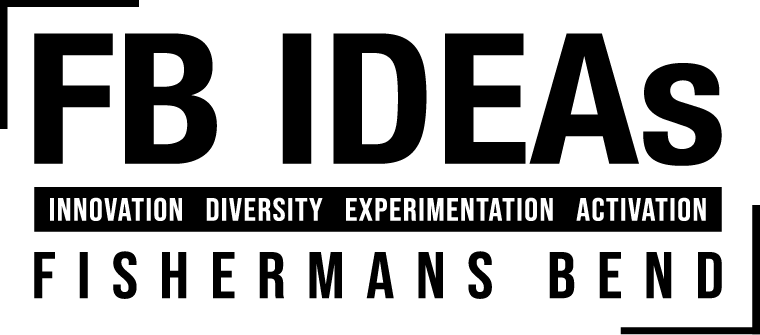FB IDEAs Supports Bold New Projects at the Intersection of Innovation, Sustainability, and Creativity
FB IDEAs is proud to announce a new group of bold, cross-disciplinary initiatives that reflect the ambition and innovation at the heart of Fishermans Bend.
From clean aviation to creative residencies and cutting-edge construction, these projects exemplify the experimental spirit of the precinct, where collaboration, sustainability and future-focused thinking drive real-world impact. These new additions span the fields of clean energy, sustainable construction, and creative engagement, each embedded with strong relevance to Fishermans Bend’s future as a place for innovation, regeneration, and industry transformation.
These projects highlight the breadth of innovation emerging in Fishermans Bend, where clean tech, creativity, and circular construction converge to shape a more sustainable and dynamic future.
Regenerative Fuel Cells for Aircraft Proof of Concept
Savion Aerospace is exploring the transition to zero-emissions aircrafts through innovative “infra-aircraft” business models, whereby the vehicle acts as energy infrastructure when parked, creating a second revenue stream which can offset the added costs to transition to clean energy. This project aims to develop a proof of concept for the “infra-aircraft” business model with a regenerative fuel cell (RFC).
Re:cultivate – Artist in Residence Program
Re:cultivate is a three-month creative partnership between the Australian Network for Art & Technology (ANAT) and artist Yandell Walton. Using the theme of water in Fishermans Bend as inspiration, the residency will support Yandell in a period of interdisciplinary exploration, immersive creative research, knowledge-sharing, and collaboration with subject matter experts.
Hivepod 3D Building Printing Demonstration
Organica Engineering is running a pilot to showcase cutting-edge, low-carbon building technologies—namely 3D concrete printing, up-cycling of demolition waste, and the applications of advanced circular economy concrete materials in a small temporary, de-constructable building such as a high quality site shed.
Thermodynamics and Heat Transfer in Built Environment Study
Using the Citiport Business Park, where the FB IDEAs Hub is located, as a case study, Engineering Scientific International Pty Ltd will explore the feasibility of reducing HVAC Costs by integrating new technology solutions, such as retrofitted triple-glazed windows, to improve heat transfer within the built environment in Fishermans Bend.

